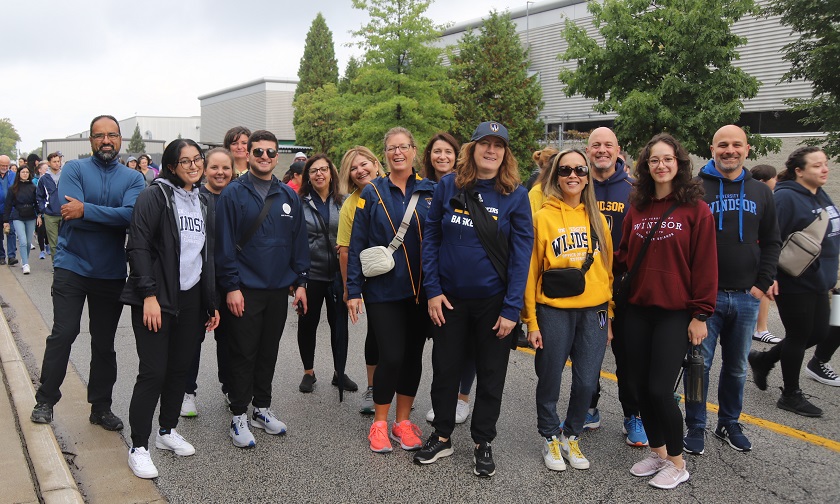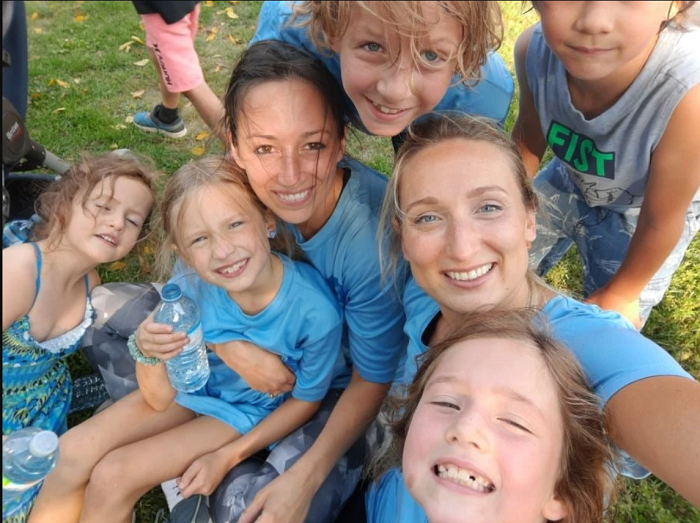Professional Resources
A range of practical resources on mental health in the workplace, including fact sheets, frameworks, courses, and guides. Designed for a wide audience—from health professionals and educators to retail workers and administrators—these tools support mental well-being, build awareness, and promote healthier work environments across sectors.
Filters

The Structural Stigma in Mental Health Care Scale (SSMHCS)1 was developed as part of a larger project, the Mental Health...

The Stigma Cultures in Health Care Scale (SCHCS)1 was developed as part of a larger project, the Mental Health Commission...

What is structural stigma? Stigma cultures are a quality-of-care issue Importance of measuring structural stigma Measurement scales Spotlight on early...

Spotlight on Early Adopters – Piloting Scales to Measure Structural Stigma Related to Mental Health and Substance Use (MHSU) in...

Spotlight on Early Adopters – Piloting Scales to Measure Structural Stigma Related to Mental Health and Substance Use (MHSU) in...

The Quality Mental Health Care Framework builds on the Health Standards Organization/Canadian Patient Safety Institute Canadian Quality and Patient Safety...

Watch the webinar co-hosted by the Mental Health Commission of Canada and the Ontario Network of CAPC/CPNP Projects (Canadian Action...

The Mental Health Commission of Canada (MHCC) recognizes the importance of ensuring that its programs and policies are informed by...

According to Statistics Canada (2022), suicide is the second leading cause of death among youth and young adults (15-34 years).[1]...

Structural stigma in policies and models of care means unequal treatment for people living with mental health versus physical health...

In 2023, approaching the three-year anniversary of the release of the National Standard for Mental Health and Well-Being for Post-Secondary...

Watch the webinar co-hosted by the Mental Health Commission of Canada and Stepped Care Solutions, focusing on the benefits, successes,...

The National Community of Practice (NCoP) brings Roots of Hope communities together to engage in peer to peer support and...

This webinar offers insights on the mental health impacts of the high cost of living on diverse communities and explores...

A 2022 Canadian Alliance of Student Associations study found that 75 per cent of all post-secondary students report negative mental...

Mental health affects everyone, including health-care workers. This video tells the story of an individual who finds access to quality...

Hear from health-care experts offering their insights on the stigma-free and inclusive dimension of the Quality Mental Health Care Framework,...

The mental health and substance use health (MHSUH) impacts of COVID-19 and the overdose crisis have increased the gap between...

Roots of Hope is a community-led model that supports populations across Canada to reduce the impact of suicide in their...


THE SOOKE EARLY ADOPTER COMMUNITY The Sooke-West Shore region of Vancouver Island includes a collection of municipalities just outside Victoria....


THE COMMUNITY OF BURIN PENINSULA The Burin Peninsula, an area that stretches southwest from the main island for some 130...

THE WELLINGTON COUNTY COMMUNITY Waterloo Region: Wellington County: COMMUNITY ACTIVITIES AND ACHIEVEMENTS To minimize potential risks following a suicide death,...

THE WINDSOR-ESSEX COMMUNITY Windsor and Essex County has a population of more than 420,000 across seven municipalities. Windsor itself, with...

THE MADAWASKA-VICTORIA COMMUNITY The Madawaska and Victoria region in northern New Brunswick is home to about 50,000 people. The area...

THE LA RONGE COMMUNITY The La Ronge and Area Roots of Hope Project lies in Woodland Cree territory in northern...

THE HAMILTON COMMUNITY The City of Hamilton, at the west end of Lake Ontario between Niagara Falls and Toronto, is...

THE HALTON COMMUNITY Halton is a rapidly growing community with a population of 600,000 (an increase of about 60 per...

THE EDMONTON COMMUNITY Edmonton is situated in a central Alberta area that measures 648 square kilometres. Its urban population of...